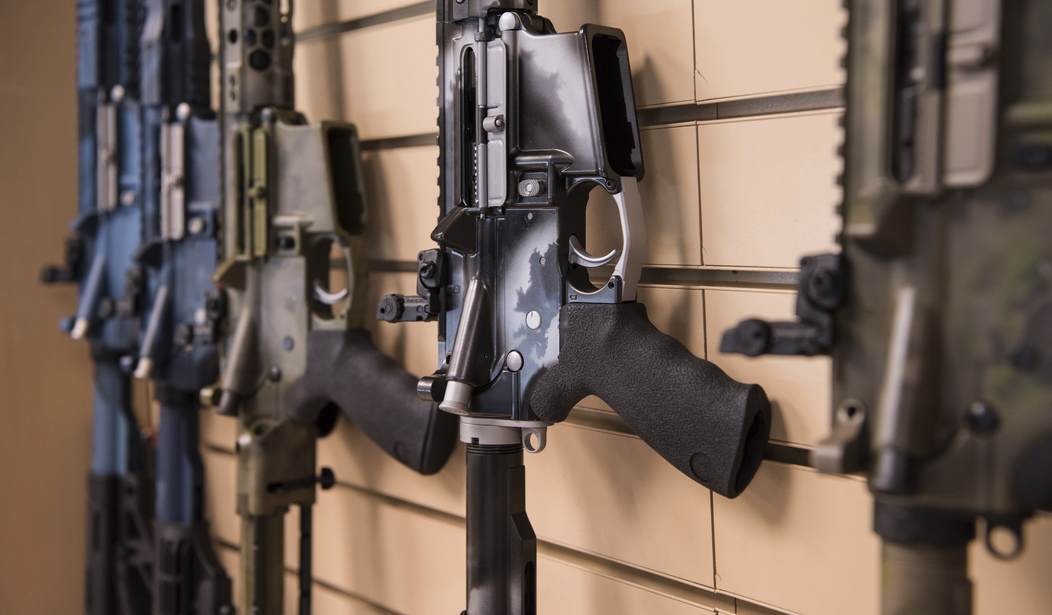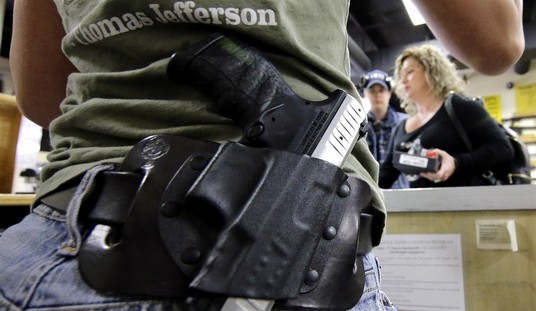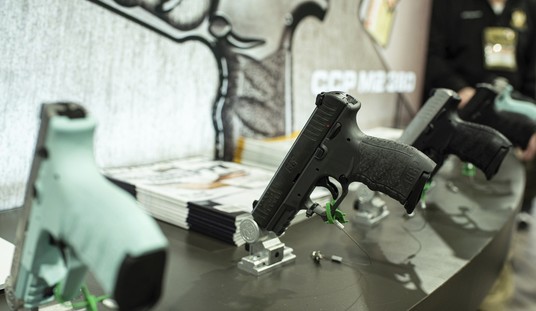The state of Illinois has decided to restrict guns even more than they already have.
After all, Highland Park happened. In the minds of lawmakers there, it’s not a failure of the gun control laws supposedly meant to stop such things from happening, but a justification for still more restriction.
Unfortunately for those lawmakers, though, a federal judge blocked their effort. It seems the state is gearing up to try and “fight back.”
The state of Illinois is fighting back after a judge blocked Democratic Gov. J.B. Pritzker from enforcing a newly enacted ban on certain semiautomatic rifles and high-capacity magazines.
Illinois Attorney General Kwame Raoul appealed to the 5th District Appellate Court in Mount Vernon Monday to overturn a temporary restraining order against the Protect Illinois Communities Act, which bans dozens of handguns and rifles, .50-caliber guns, certain attachments and accessories, and limits cartridges to 10 rounds for long guns and 15 rounds for pistols.
…
Four gun merchants and 850 individuals have challenged the law, arguing it was improperly enacted and lacking proper public input. They asserted in a lawsuit Illinois violated the nation’s guarantee of equal protection of the law by exempting from enforcement categories of people based on occupation or training — retired police officers, for example.
In a ruling Friday, Effingham County Judge Joshua Morrison sided with plaintiffs, finding they are “being immediately and irreparably harmed each day in which their fundamental right to bear arms is being denied.” Morrison also cited a landmark U.S. Supreme Court decision from last year that struck down New York state’s concealed carry law. That 6-3 ruling in New York Rifle & Pistol Association v. Bruen found that the “plain text” of the Second Amendment protected the right of the plaintiffs in that case to carry firearms for self-defense.
Of course, Raoul disagrees, which is why we’re seeing this getting ramped up a level.
However, in light of Bruen, it seems unlikely that such a law will survive a legal challenge in the long term. While this was challenged under the equal protection clause–and for good reason, really–Bruen’s text and history standard also has to be considered. One would be hard-pressed to really find a law where some class of arms was restricted to the degree Illinois is trying to do with guns.
Raoul will undoubtedly try to challenge this as far as he can, but I suspect what he’s seeing is just the beginning of his disappointments.
Now, let’s get into why I think the equal protection argument is valid.
First, let’s remember that everyone is supposed to be treated the same under the law. Exempting retired police officers and permitting them to have a category of firearms that’s forbidden to others means the current law doesn’t apply to them. That’s not equally protecting others.
One could make a case for current law enforcement officers being exempt by saying they need privately held AR-15s and similar weapons for training purposes–officers often can’t take such weapons home at the end of the day. I disagree with that, of course, but I can see that argument swaying the courts.
But retired officers? No, sorry, I’m unconvinced.
“But they have training!”
It doesn’t matter. Equal protection means, at its most generous reading for the state of Illinois, that unless everyone can get access to that training, such training shouldn’t grant special status to anyone.
So I don’t see Raoul winning this, but he’s welcome to waste taxpayer money fighting it.








Join the conversation as a VIP Member